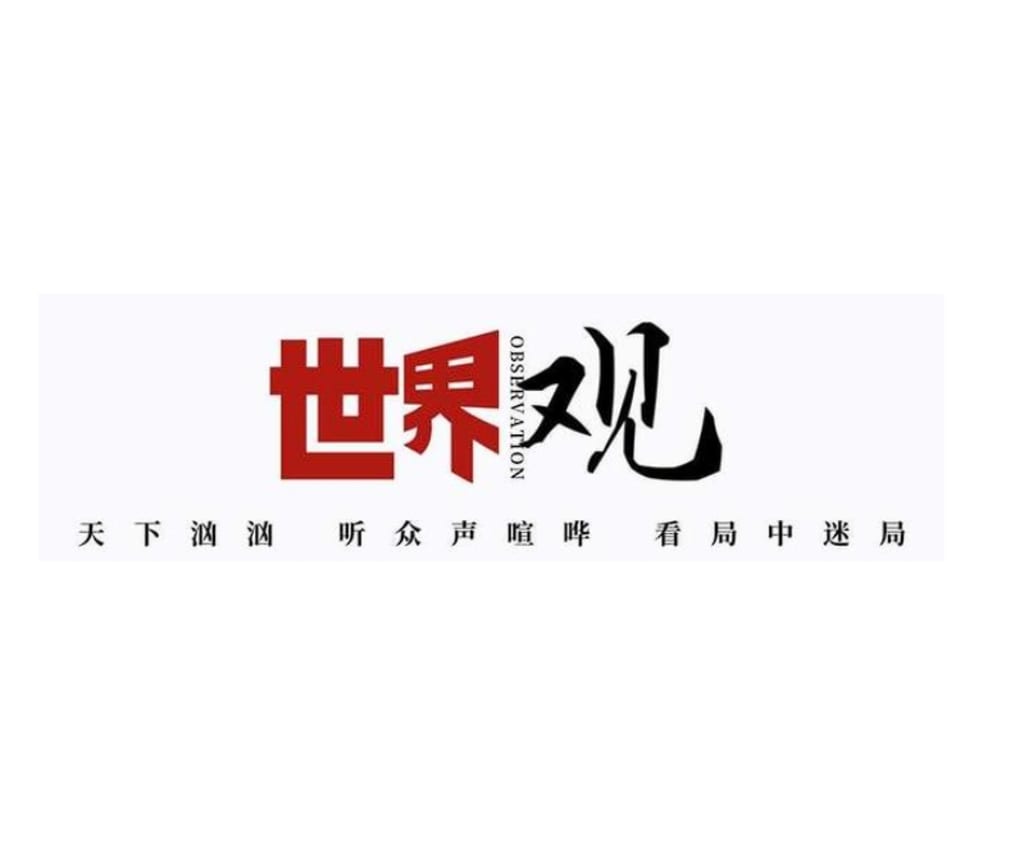China's Rise in New Energy Vehicle Sector Discussed at the 15th World Economic Forum Annual Meeting
ahong

The 15th World Economic Forum Annual Meeting, also known as the "Summer Davos Forum," concluded in Dalian, Liaoning Province, China. The forum highlighted discussions on artificial intelligence, green transformation, and cutting-edge innovation. China's new energy vehicles have garnered international attention once again.
According to a report from Singapore's Lianhe Zaobao, China became the world's largest car exporter in 2023, driven by the export of new energy vehicles. Currently, Chinese new energy vehicle sales account for 60% of the global market, with BYD surpassing Tesla to become the global sales champion in pure electric vehicles.
Columbia University professor Adam Tooze, a renowned Western scholar, spoke sincerely and impactfully at a forum panel. Although not a China expert, Tooze has been writing extensively on China and Sino-Western relations, acknowledging China's significant contributions to global emission reduction through its commitment to green development.
Tooze emphasized the importance of China's new energy vehicles in global emissions reduction. He noted that China has been producing the most economical green energy, contributing to solving global energy pricing issues. With the international community facing numerous global challenges, especially in the field of climate change, China's leadership in green energy is crucial.
Data shows that nearly half of the world's photovoltaic power generation capacity is in China, and a quarter of the world's new greening area comes from the country. By the end of 2023, China's cumulative installed capacity of wind and photovoltaic power reached 1.05 billion kilowatts, accounting for 40% of the global new energy total installed capacity.
On June 12, the EU announced a temporary tariff on imported electric vehicles from China starting July 4. European scholars and proponents of globalization, including Tooze, highlighted Europe's energy anxiety, especially after the Ukraine crisis, and the sincerity of Europe's green energy transition. To meet emission reduction targets by 2030, Europe will need tens of millions of new energy vehicles, and China is poised to produce affordable electric vehicles on a large scale.
The article suggests that China's concessions to some European trading partners, along with Chinese new energy vehicle companies investing and setting up factories in Europe and the US, introducing advanced Chinese technology and driving local employment, is a way to ease Sino-Western contradictions in the new energy vehicle sector and an inevitable solution.
John Quelch, a retired professor from Harvard University, optimistically predicted in Dalian that joint ventures between Chinese and American companies producing new energy vehicles in the US, and between Chinese and European companies in Europe, will definitely happen. He believes that American voters will not accept being deprived of the right to purchase high-quality and affordable products, and thus, the obstruction of Chinese new energy vehicles by Washington politicians and auto unions can only last for three years. He also advised Chinese car companies to first open up other global markets and then make a splash in the US after their products have been thoroughly tested.
It is reported that during his visit to China, Peruvian President Dina Boluarte invited Chinese electric vehicle company BYD to set up a factory in Peru. Reuters quoted a Peruvian government statement reporting that Boluarte met with BYD's management on the 26th, saying that if BYD establishes a car assembly plant in Peru, it would benefit from the Qian Kai Port project in Peru, which is set to be launched by the Chinese company COSCO Shipping in November.
Boluarte also pointed out that the Peruvian government will build an industrial zone either at Qian Kai Port or in the southern city of Arequipa. "The car assembly industry can settle in one of these two places," said Boluarte, adding that the Peruvian government will not impose tariffs to encourage more investment. According to the statement, the Peruvian government also plans to reach an agreement with China to replace Peru's buses with electric vehicles within the next three to four years.
Please note that the above is a summarized translation and does not cover all the details from the original text. If a full translation is required, it would be a substantial task that may exceed the capabilities of this platform in a single response.
About the Creator
ahong
I'm Ahong, a writer painting China's stories for the world. Dive into tales that blend tradition with the contemporary, right from the heart of China.
Enjoyed the story? Support the Creator.
Subscribe for free to receive all their stories in your feed. You could also pledge your support or give them a one-off tip, letting them know you appreciate their work.






Comments
There are no comments for this story
Be the first to respond and start the conversation.